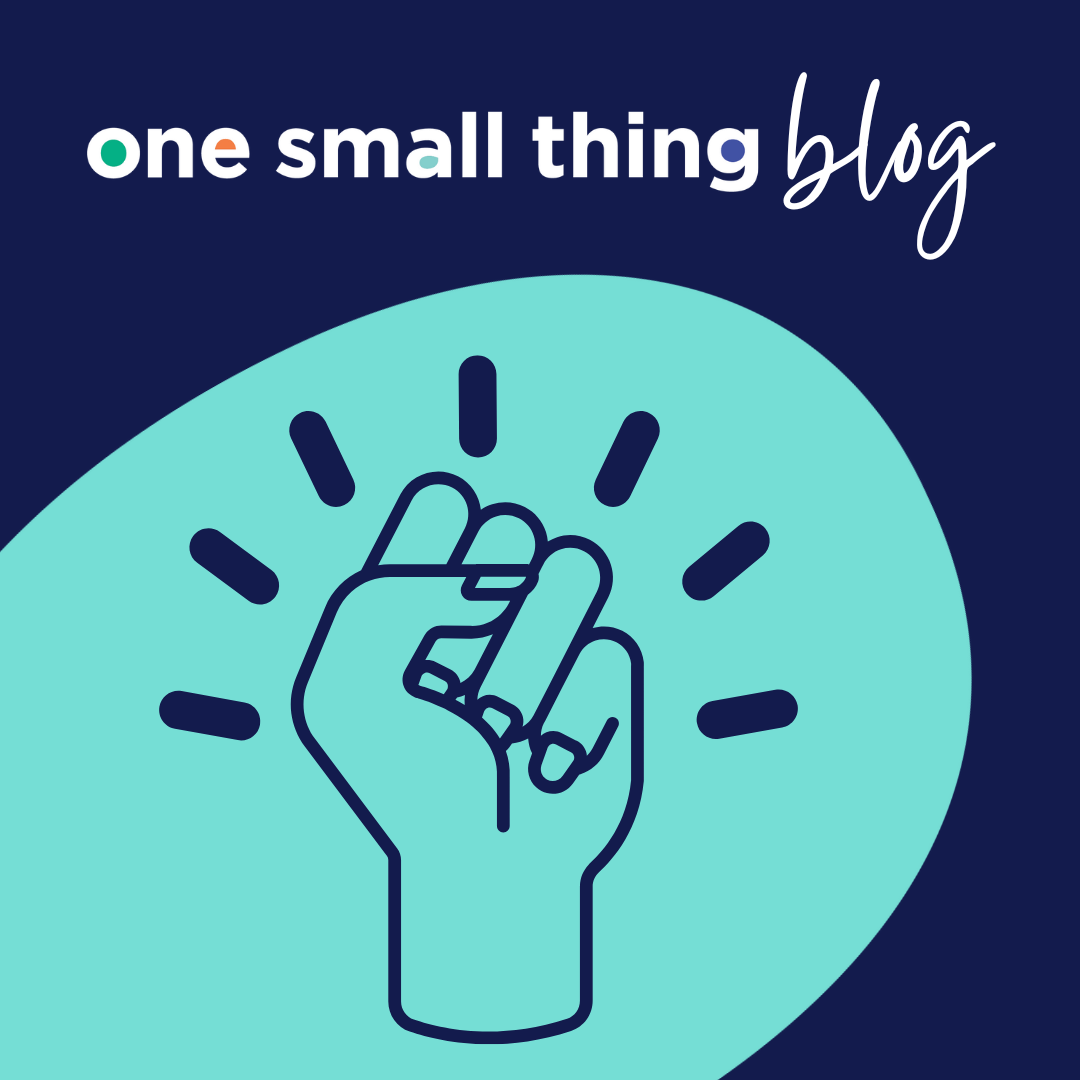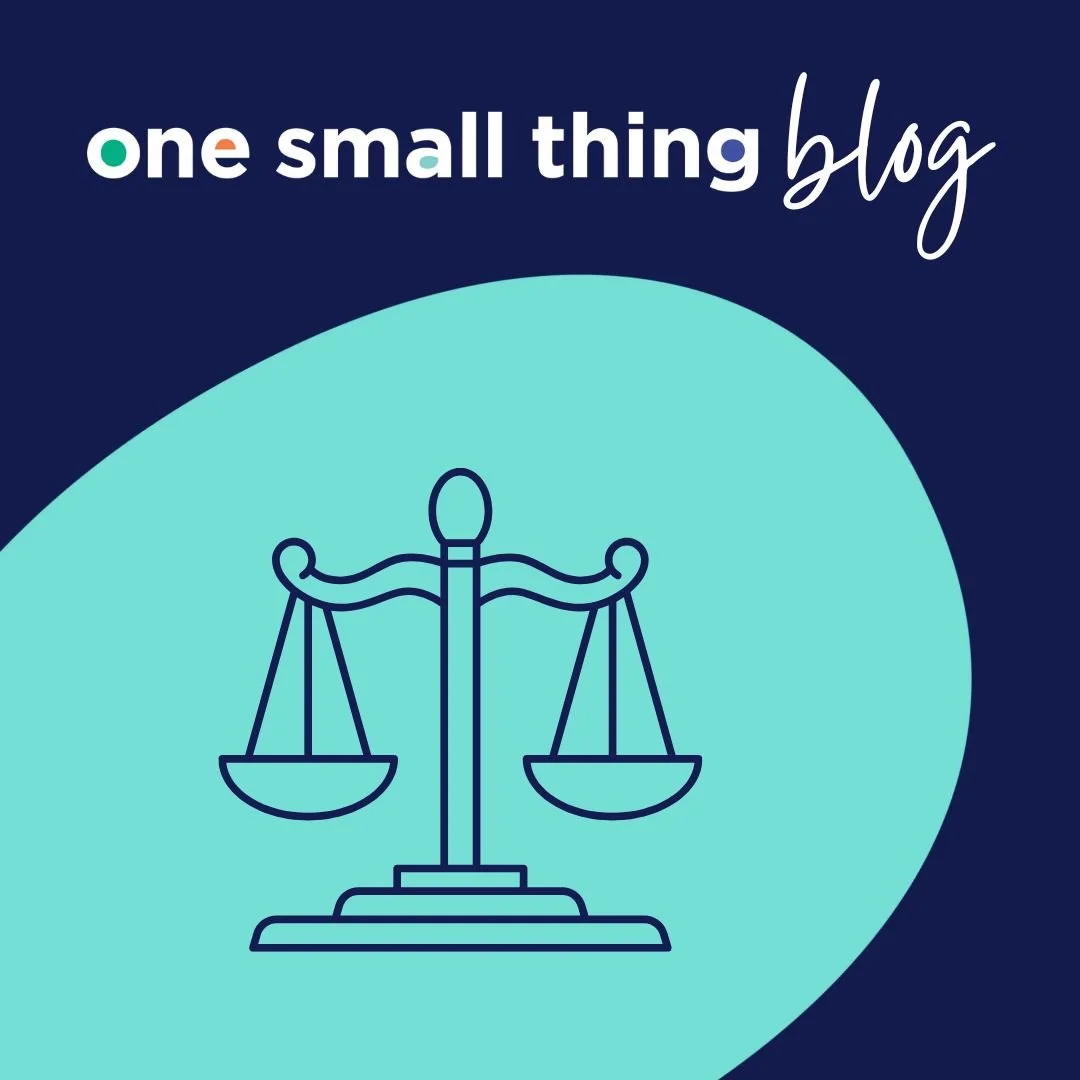16 Days of Action Against Violence Against Women and Girls 2024
Lilly Lewis, Women’s Involvement Advisor, One Small Thing
This 16 Days of Action against Violence Against Women and Girls the UN is calling for ‘#NoExcuse: Unite to end violence against women’. Ending the violence and abuse experienced by women in the justice system needs to be included in this conversation.
The Labour Party has set the ambitious goal of halving VAWG within a decade – linked to prevention and a welcome commitment to tackle misogyny in schools, but without much detail at this stage. The Labour Manifesto includes much-needed commitments such as legal advocates for survivors and barring police officers with a history of VAWG. However, manifesto commitments related to migration, such as investing in border security and a new returns and enforcement unit are worryingly in opposition to calls from the sector for greater protection for migrant survivors, who often get caught up in the justice system.
Rachel Reeves, the first-ever woman Chancellor, recently pledged a budget to avoid austerity and that aims to benefit women. Just months earlier, the National Police Chiefs’ Council’s annual statement highlighted violence against women and girls (VAWG) as a “national emergency.” It revealed that VAWG-related crimes in 2022-2023 made up 20% of all recorded crime. In this context of a widely described VAWG “epidemic,” It’s disappointing that the government’s Autumn budget includes no specific funding to combat VAWG. This oversight worsens the underfunding of essential domestic abuse support services, which have struggled to stay afloat for years.
Although the government’s goal to “halve VAWG in the next decade” is commendable, it’s meaningless without dedicated funding for VAWG services and across relevant support sectors. Tragically, about one in four women will experience domestic abuse, with one woman killed by a partner every five days in England and Wales.
To tackle VAWG effectively, funding would need to focus on both prevention, crisis services and long-term support. It would need to include investment in education programmes, including with boys and men, health services, specialist refuge and housing, training and employment programmes for survivors, legal and justice reform to ensure survivors can seek safety and justice.
Violence against women and girls including domestic abuse and sexual violence and exploitation, severely impacts women within the justice system, often increasing the trauma they have already experienced.
Survivors of such violence who seek justice may face a system that is challenging, stigmatising, or even retraumatising. Police, for example, might lack adequate training on handling cases sensitively, leading to victim-blaming or scepticism toward survivors’ accounts. In court proceedings, survivors may be subjected to invasive questioning that can retraumatise them and leave them feeling humiliated, further intensifying their mental and emotional stress. Additionally, stereotypes and biases within the justice system can lead to inconsistent sentencing where survivors are not believed. For women from marginalised communities, this situation worsens due to systemic biases, language barriers, and limited legal support, making them more vulnerable to injustice.
These challenges deter many survivors from reporting or seeking help. Addressing these systemic barriers and ensuring there is comprehensive VAWG training and support within the justice system is essential to creating a safer environment for all women seeking justice.
When women are experiencing abuse and coercion that leads them to commit something classed as an offence, this systemic stigma only increases, and makes it even harder to seek support for the abuse.
The 16 days of action always brings me back to my time in custody were over 57% of women had been victims of domestic abuse, and so many were there because of an abusive partner. Your abuser takes your control away from you and will coerce you to do things which may be criminal, and then use this to have even more control.
Speaking to colleagues at Hope Street they shared that the women residents have often experienced complex and often traumatic histories of domestic abuse. Many have been victims of prolonged abuse, which has profoundly shaped their lives and have led to criminal convictions. For some, the trauma of domestic abuse has contributed to mental health struggles, substance abuse, and a cycle of harmful behaviours, often resulting in acts of violence or criminal activity as a means of coping or surviving. The staff at Hope Street have witnessed firsthand the devastating impact of this abuse, seeing residents in crisis, struggling to break free, or dealing with the aftermath of abusive situations. The team’s work involves providing both emotional support and practical assistance to help and address root causes, particularly how the trauma of domestic abuse has led to criminal convictions.
This 16 Days it is vital that we remember women affected by the Justice System within our campaigning and advocacy, so there can be more investment in the specialist support and services needed.
Written by: Lilly Lewis, Women’s Involvement Advisor at One Small Thing










